Business
Philippine DFA Advises Caution for Filipino H-1B Workers Amid New US Visa Fee Policy
Soledad Evangelista
06 Nov, 2025
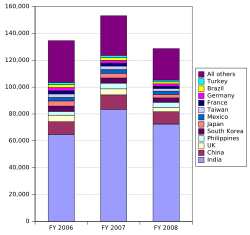
The Philippine Department of Foreign Affairs (DFA) has issued a caution to Filipino workers in the United States holding H-1B visas, urging them to avoid unnecessary travel outside the US while awaiting clarification on re-entry rules under a newly implemented visa fee policy.
Under the policy introduced by the US administration, a one-time fee of $100,000 now applies to certain H-1B visa applications. This represents a significant increase compared to the previous fees, which ranged between $2,000 and $5,000.
The DFA highlighted potential complications for Filipino workers who travel abroad, noting that employers facilitating their employees' return may be responsible for covering this substantial fee. The agency advised that if travel outside the US is unavoidable, affected individuals should seek prior consultation with their employers to manage any additional costs incurred.
"Should travel outside the US be unavoidable, we encourage them to consult their employers in advance, as employers may be required to shoulder additional costs, such as the one-time fee of USD 100,000, when facilitating their employee's re-entry," the DFA stated on September 24.
However, the DFA reassured the Filipino community that only a small fraction—approximately 1.3%—of all H-1B visa holders are Filipinos. Moreover, those already residing in the US with valid H-1B visas issued before September 21 are exempt from the fee and can continue to travel without restrictions relating to the new regulation.
The US immigration authorities clarified that the $100,000 charge applies exclusively to new H-1B visa petitions filed after September 21. Visa renewals or extensions for existing workers remain unaffected.
The Philippine Embassy in Washington, D.C., along with Consulates General across the US, committed to closely monitoring the implementation of this proclamation and providing support and guidance to Filipino nationals as necessary.
The H-1B visa program, established in 1990, permits US employers to temporarily employ foreign workers in specialty fields such as healthcare, technology, and finance. It has been a critical tool for American companies, particularly in the tech sector, to fill skills shortages by hiring specialized professionals abroad.
Historically, applicants from China and India represent the majority of H-1B visa recipients, especially in computer-related occupations. These groups may experience the most pronounced impact from the recent policy change.
Recommended For You
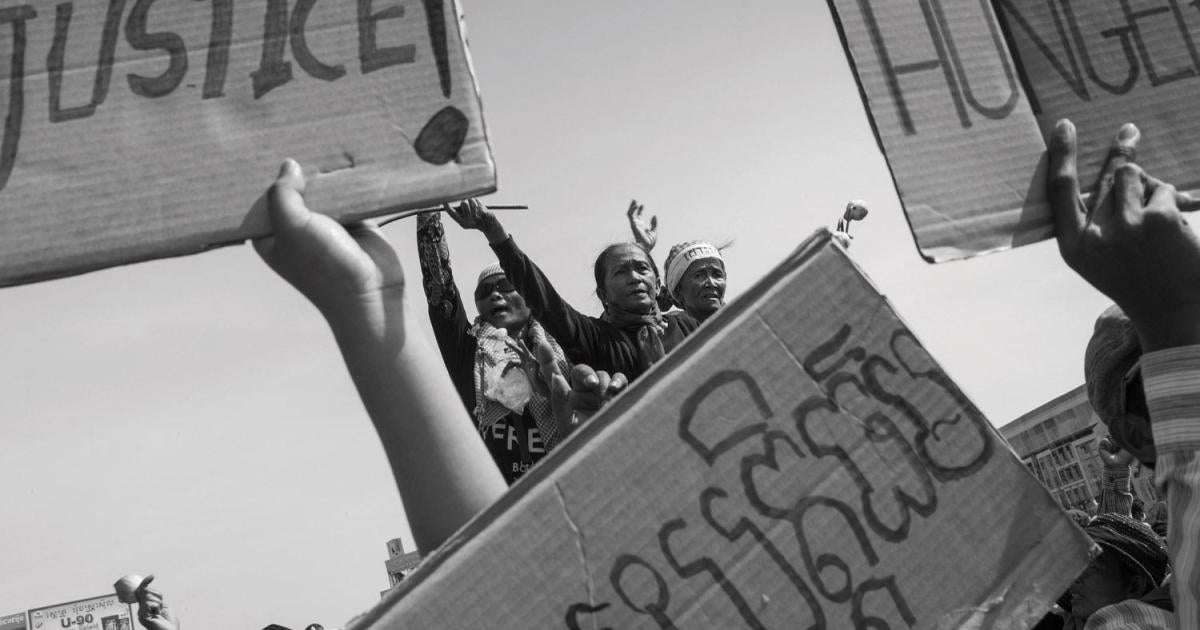
Lawmaker Criticizes Ombudsman Over Handling of P15-Billion Anti-Corruption Funds Amid Flood Control Scam
Nov 06, 2025
Lorenza Manguera
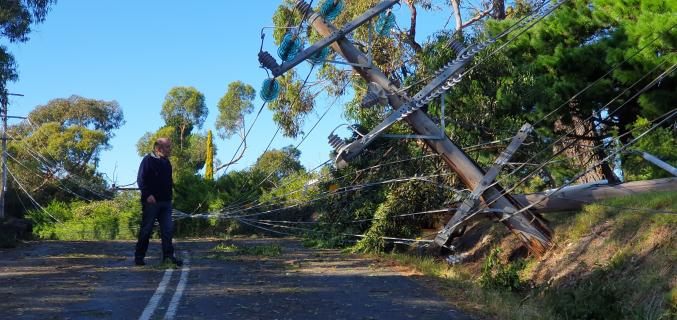
DOE Urges Proactive Energy Measures Amid Incoming Tropical Depression
Nov 06, 2025
Lorenza Manguera
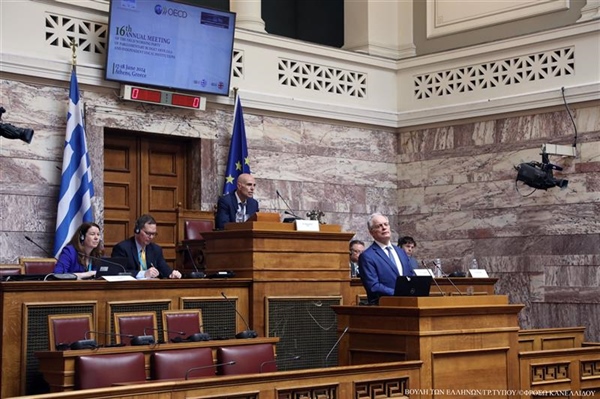
Ombudsman Launches Investigation Into COA Commissioner Over Spouse’s Government Contracts
Nov 06, 2025
Consolacion Javellana
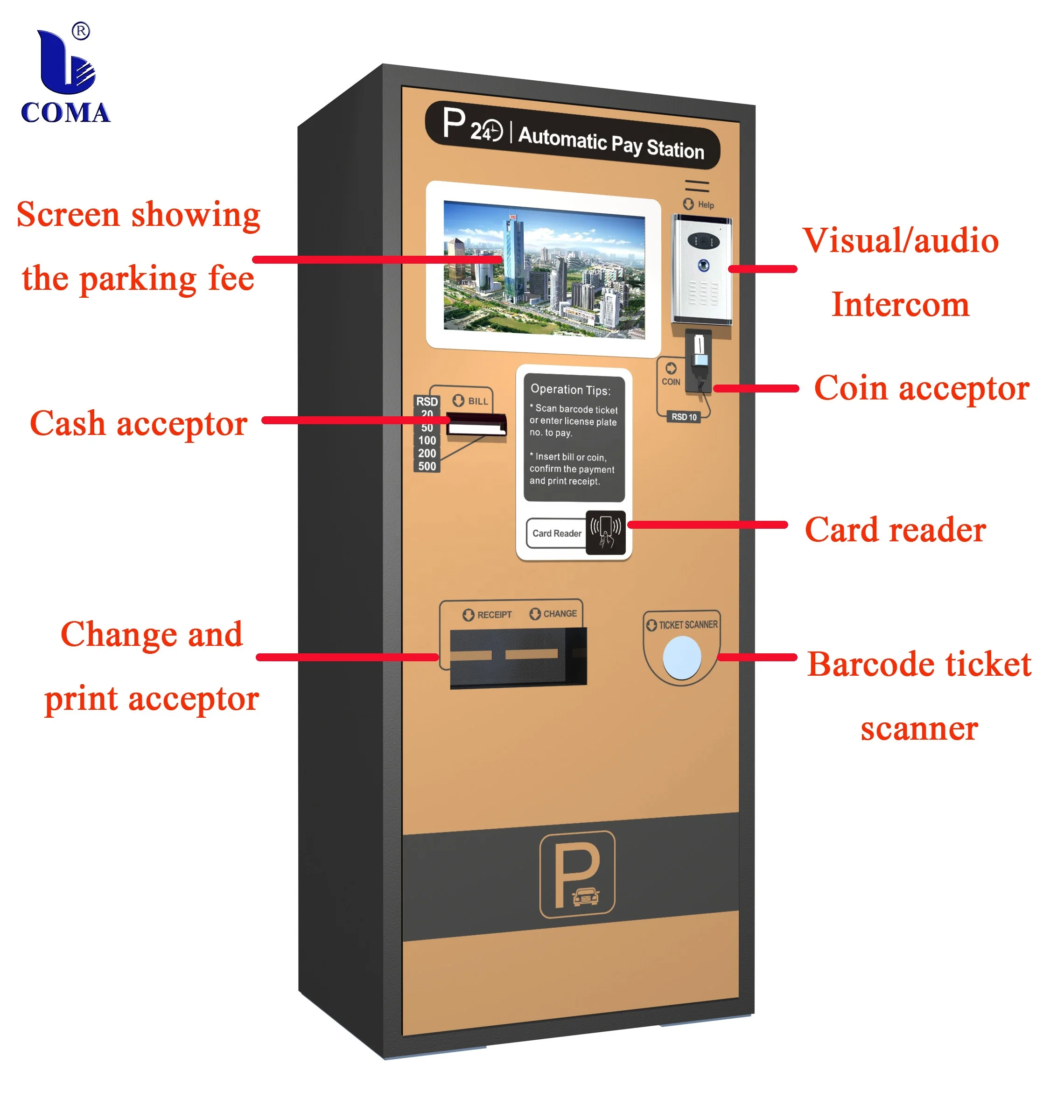
Albay Board Member Advocates for Improved Parking Payment System at SM Legazpi
Nov 06, 2025
Consolacion Javellana
